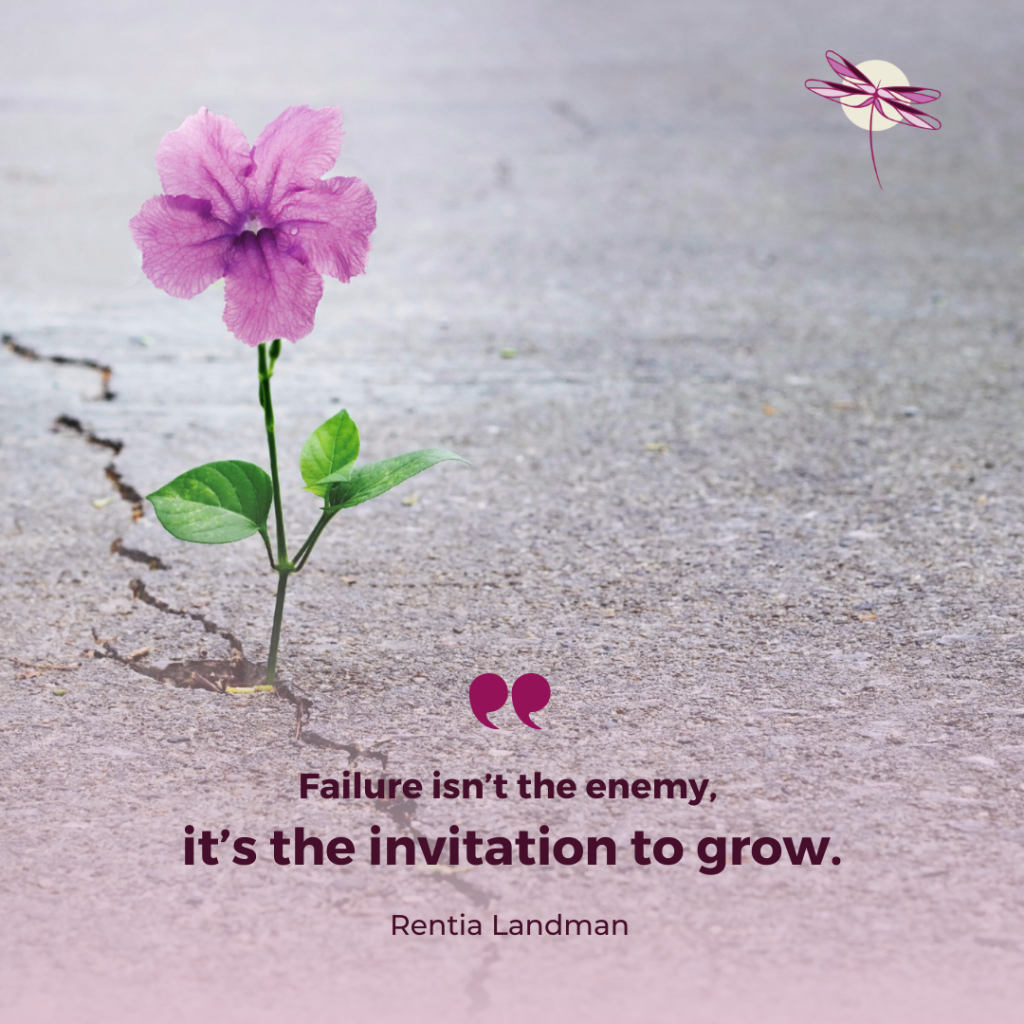The Quiet Voice That Shapes Your Potential

So what exactly is a mindset?
At its simplest, mindset is the collection of beliefs we hold about ourselves, our intelligence, our abilities, our worth, and our capacity to change. It shapes how we interpret experiences, how we respond to setbacks, and how we show up in the world.
And because mindset frames our story, it also influences how that story unfolds.
When we look at growth and development through this lens, we land where Carol Dweck’s research leads us: at the intersection of two powerful perspectives, a Fixed Mindset and a Growth Mindset.
A Growth Mindset, on the other hand, sounds like: “I can’t do this… yet,” “Challenges help me grow,” and “My abilities come from effort and learning.” Its inner dialogue is one of curiosity, resilience, and possibility.
This subtle shift: from I can’t to I can’t yet, opens the door to learning. It reminds us that we are not stuck; we are in progress.
Carol Dweck, the researcher behind the Growth Mindset model, made an even more startling observation: when we praise intelligence, we actually make people more vulnerable. Why? Because they begin to associate their worth with being seen as “smart”, which often leads to fear of failure, risk aversion, and fragile confidence.
Instead, she encourages us to praise the qualities that support resilience and growth, things like curiosity, perseverance, diligence, and determination. These are the traits that anchor us when things get hard. They’re what keep us becoming.
This difference isn’t just theoretical. It’s deeply personal and profoundly practical.
How we define success, and how we interpret failure, determines whether we step forward or shrink back. Whether we view challenges as threats or invitations. Whether we give up or grow through it.
Mindset matters not because it gives us all the answers, but because it gives us the courage to stay curious, the freedom to try again, and the belief that becoming is possible.
A Growth Mindset doesn’t mean you feel confident all the time. It means you’re willing to try, even when you don’t. It asks us to feel the fear and move forward anyway. To risk failure and believe that even in falling short, something in us is growing.
“Fear and self-doubt have always been the greatest enemies of human potential.”
— Brian Tracy
When we view success as a final destination, failure becomes a dead end. But when we view success as a process of becoming, failure becomes a teacher — an essential part of the journey.
“Continuous effort, not strength or intelligence, is the key to unlocking our potential.”
— Winston Churchill
A Growth Mindset invites us to stretch. To persevere. To keep going, especially when things aren’t going well. It reminds us that talent and intelligence are just the starting points. Without grit and effort, potential stays just that — potential.
Growth doesn’t happen overnight. But over time, with effort and self-compassion, it becomes who we are becoming.
That’s the gift of a Growth Mindset. It doesn’t ask you to be perfect. It asks you to stay open. To stay in it. To keep becoming.
And perhaps you’re thinking, this is all interesting, but so what? What does it mean for me, in the real world?
It’s a good question. Because this isn’t just about theory. It’s an invitation.
An invitation to pause and reflect on how your own mindset may be shaping the way you experience yourself, your children, your colleagues, your team, and your loved ones.
What possibilities might open if we stopped treating failure as a problem, and started seeing it as part of the process? What if difficulty wasn’t the enemy, but an invitation to grow? What if success wasn’t about perfection, but about persistence?
We can change the trajectory of our lives, and perhaps even more powerfully, the lives we share life with, when we stop celebrating only achievement, and start recognising character: curiosity, courage, effort, and the willingness to keep becoming.
Related Posts
Resilience: The Quiet Strength Behind Wellbeing
It’s that time of year again, the so-called “silly season.” A season of lists...
From Guidance to Partnership: Supporting Our Young Adults as They Enter the World of Work
There comes a moment when the rhythm of parenting changes completely. One day,...
Post-School Pathways – One Goal, Many Roads
There’s a quiet shift that happens in every home when the final school years...
Empowerment Through Presence: Lessons from Parenting for Leadership
Not long ago, I wrote a blog for Career Thinking about the shift parents can make...

